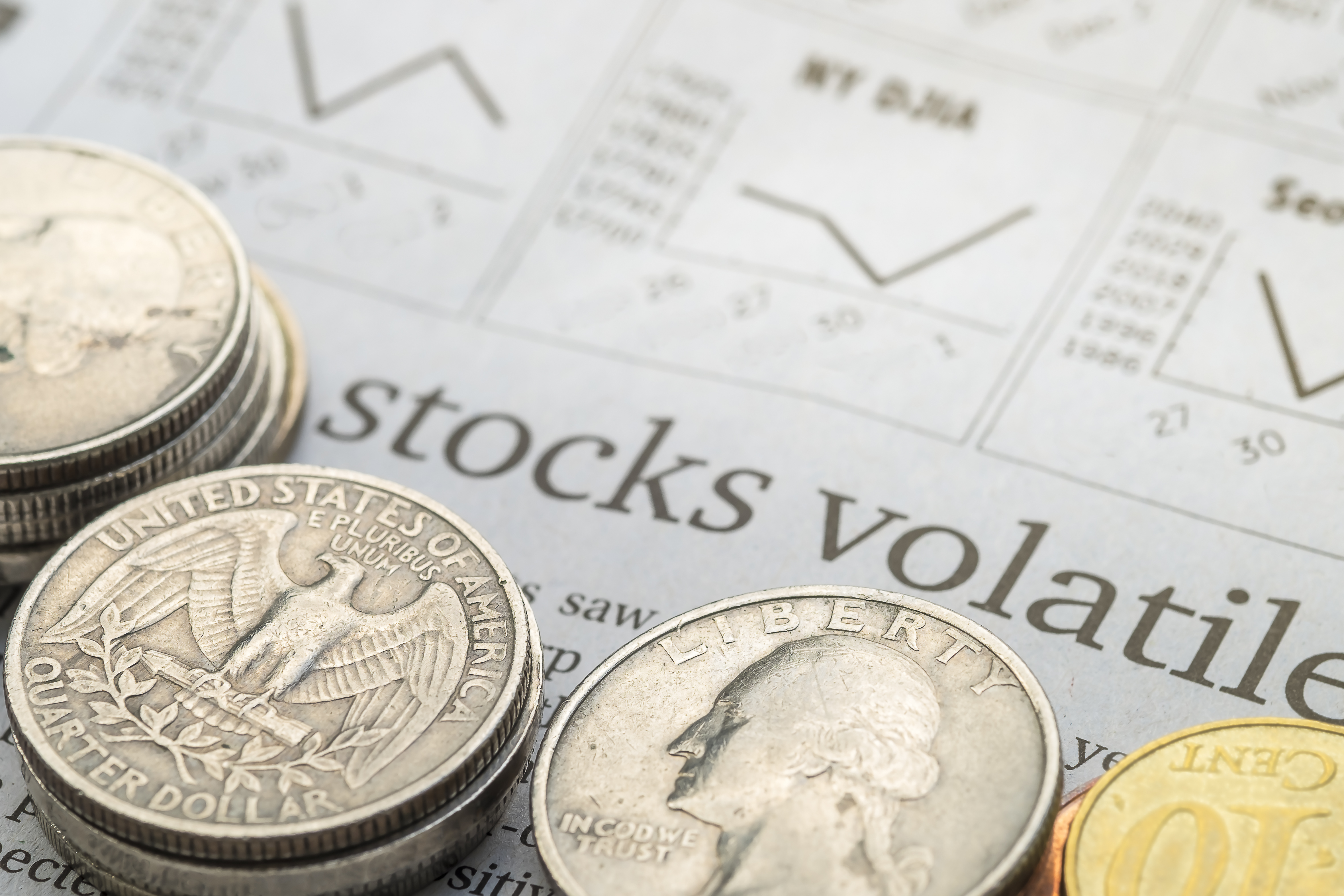Stock Market Remains Volatile as Investors Wait on Federal Reserve
Monthly Market Summary
- The S&P 500 Index produced a -3.0% total return during February, underperforming the Russell 2000 Index’s +1.0% total return.
- For the second consecutive month, Energy was the only S&P 500 sector to post a positive return. Communication Services was the worst-performing sector during February as Facebook declined more than -30%, and Technology was the second-worst performing sector as rising yields continue to hurt Growth stocks.
- Corporate investment grade bonds generated a -2.1% total return, underperforming high yield bonds’ -0.9% total return.
- The MSCI EAFE Index of global developed market stocks returned -3.4% during February, outperforming the MSCI Emerging Market Index’s -4.3% return.
Global Stock Markets Decline as Geopolitical Tensions Rise in Europe
The stock market’s bumpy ride continued during February. Last month’s top news story was rising geopolitical tensions and Russia’s invasion of Ukraine. The headlines briefly pushed the S&P 500 into correction territory, which is defined as a -10% or greater price decline, before U.S. stocks recovered a portion of their losses. International equities also traded lower as investor risk appetites declined due to rising geopolitical risk. In the commodity market, energy prices increased amid fears the geopolitical tensions would disrupt oil output and worsen an already under-supplied oil market.
Back in the U.S., markets prepared for the Federal Reserve to raise interest rates. The headline Consumer Price Index, which measures inflation, rose +7.5% year-over-year during January 2022. It was an increase from December 2021’s +7.1% and the fastest annual increase since 1982. Treasury yields moved higher for a second consecutive month, an indication that investors expect the Federal Reserve to aggressively raise interest rates to ease inflation pressures. Rising yields led to a second straight month of negative credit returns and Growth stocks underperforming Value stocks.
Upcoming Federal Reserve Meeting Will Chart Course for Rest of 2022
The Federal Reserve will hold its March 2022 meeting March 15th-16th. It is widely anticipated the Federal Reserve will raise interest rates by one of two amounts ― either +0.25% or +0.50%. Although the 0.25% difference between the two options may seem insignificant, we believe the decision will chart the course for the remainder of 2022. If the Federal Reserve only raises the interest rate by +0.25%, investors may interpret the smaller increase as a sign the Federal Reserve will keep interest rates lower for longer, inferring economic growth will be less impacted. If the Federal Reserve raises the interest rate by +0.50%, investors may view the faster pace of interest rate increases as more likely to slow economic growth and potentially trigger a recession. The takeaway is investors will be watching the Federal Reserve’s next move very closely as it will set the course for the remainder of 2022.

